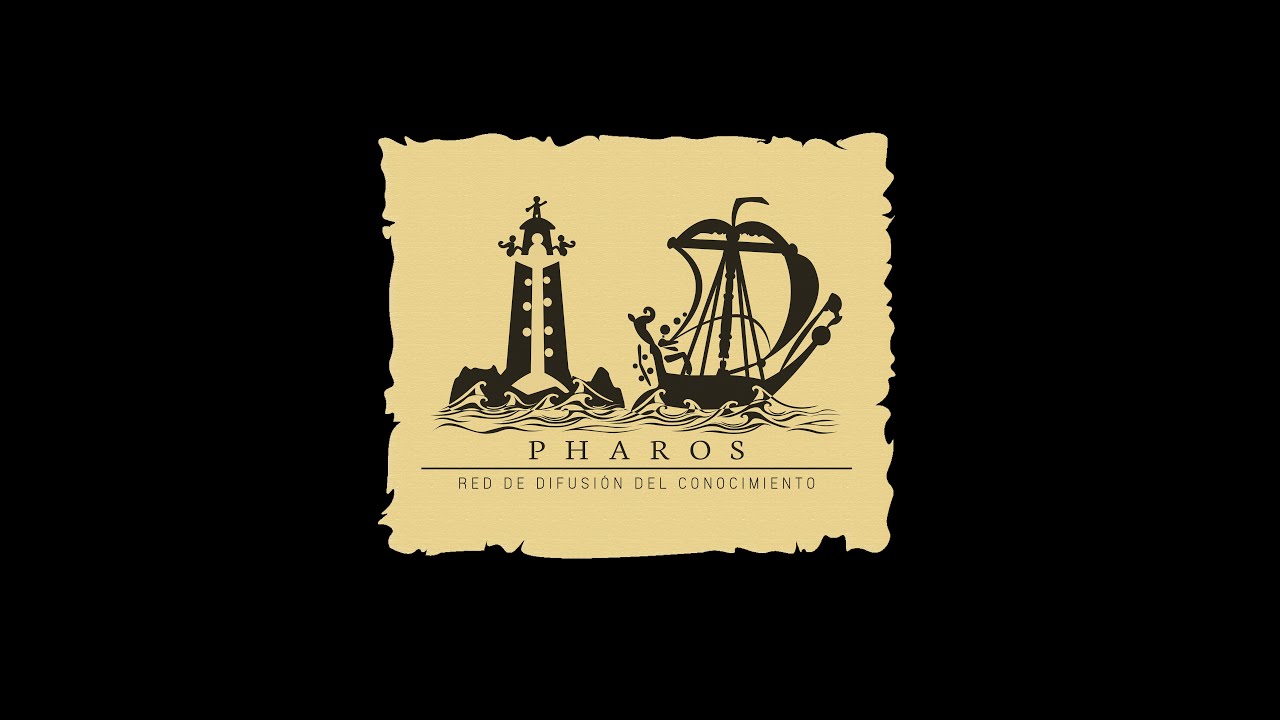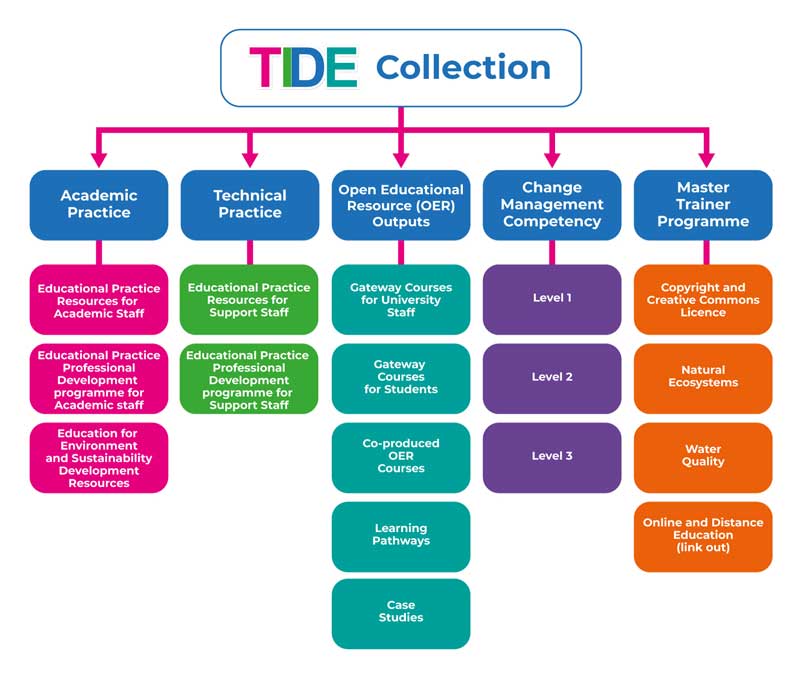For announcement October 29, 2021 meet winners in another category of the Open Practices Awards.
Open Practices are collective behaviors and techniques that open up access to educational opportunities. These practices promote and support the use of open educational resources, technologies, and social networks to facilitate collaborative and flexible teaching and learning.
Open Collaboration
A successful environment that fosters the collective production of open resources and open practices with a shared goal. An interchange of ideas supported through technologically mediated collaborative platforms, encouraging new opportunities for people to form ties with others and create things together; encouraging diversity of goals, backgrounds and cultures.
The winners are…
PHAROS Knowledge Diffusion Network
https://redpharos.org/
Mexico City / Mexico
PHAROS is an international collaborative academic network, integrated by academics and professionals for the creation, collaboration, and diffusion of relevant open educational resources. The efforts of specialist of different countries is an amazing way for collaborate that I have not seen in other part of the world. The use of the network for share knowledge and help in research is a valuable example of the best practices in open collaboration.
Transformation by Innovation in Distance Education (TIDE) project
https://www.open.edu/openlearncreate/course/index.php?categoryid=479
The Open University, United Kingdom
Major international development project involving 7 core partners from the UK and Myanmar that engaged with 40 Universities and HE Colleges in Myanmar, all of which play a part in the distance education system of Myanmar and that accounts for 60% of all Higher Education (HE) students.
A major aim of TIDE was to train HE staff, both faculty and support staff, in all aspects of modern pedagogy and the practices needed for effective open and distance education. As these HE Institutions had limited autonomy and staff were regularly rotated around these institutions, it was important to foster a broad community of practice within and between them.
So, to enable collaboration across many people in many HEIs the project was designed around openness and the use of open educational resources (OER) and practices. TIDE ran several residential schools and online courses for three cohorts of staff over nearly 4 years, providing professional development activities in open licenses, searching for and evaluating OER, designing OER, and the use of open software platforms such as Moodle. In addition, small groups of staff had to design and develop their own OER by adapting existing OER. The subject focus for TIDE was education for environment and sustainable development, a topic that broke across existing disciplinary boundaries in the HEIs and that was also a shared endeavor for the country as it attempts to meet the SDGs.
As well as training several hundred staff, TIDE worked closely with the Ministry of Education to make openness a feature of their next education strategic plan, and not just at HE level. Unfortunately, the military coup has paused this collaboration, although a legacy repository of TIDE OER is being put forward for an Open Assets (Open Curation/Repository) award.
Congratulations!
Please reply and extend your congratulations to the winners or ask them any questions about their award winning efforts.

